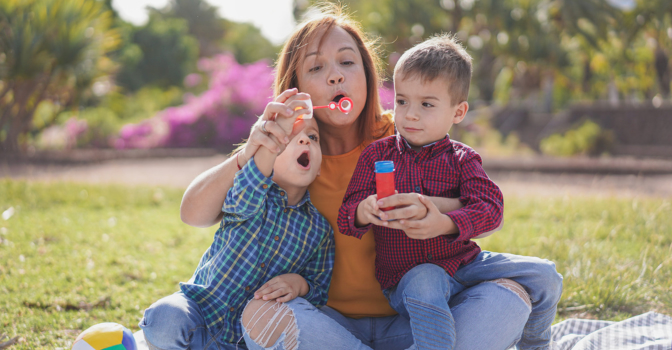School holidays offer children a chance to relax, explore and make memories!
However, the break from routine can also stir up feelings of anxiety for parents of children with disability who worry about maintaining progress.
Don’t stress! Our friends at Source Kids have put together some helpful tips to help balance play and progress over the holiday break.
Breaks are important.
It is impossible to learn nonstop so a break, even an extended one, is a good thing! Therapy demands a lot from children both physically and mentally. A break provides an opportunity for the consolidation of skills and reflection on progress.
If you decide to incorporate some therapy-related activities into your holiday plans here are some tips to keep it light, relaxed and fun for the whole family.
Set clear goals.
Your child’s therapists can help you set goals for the holiday break. Aim for one or two goals that you can easily incorporate into your other holiday. That way you won’t overwhelm yourself or over-schedule your child.
Make sure to consider where you’ll spend your time and what resources you’ll have access to. If you’re going to be out of the house or have visitors that may impact what goals you can work towards.
Home-based activities.
Include some therapy-based activities in your daily routine at home. You can adapt activities your child is familiar with or try these ideas:
- Holiday themed arts and crafts
- Sensory activities
- Pool activities for physiotherapy
- Reading and telling stories
- Puzzles and board games.
Keep it fun and simple! Your family can enjoy quality time together while your child works towards a goal.
Grow through play!
The playground is a great place to incorporate fun and development. Explore different pieces of equipment to work on different skills:
- Slides are a great tool for visual perceptual skills
- Swings provide vestibular stimulation
- Monkey bars build hand and finger muscles and improve arm, leg and core strength. They also help with hand-eye coordination.
- Ladders and beams can improve balance and coordination.
Therapist recommendations.
Therapists are there to support your child’s progress, even during the holidays. They can provide ideas, resources, and specific exercises to try at home. Share your plans for the holidays with your child’s therapists and ask for some suggestions for activities that supplement their regular sessions.
Outings: Use your break to explore new environments and engage in sensory-rich experiences. Plan outings that align with your child’s therapy needs. For example:
- Parks can be great for physiotherapy exercises like walking on uneven terrain and climbing on structures
- Museums, art galleries and nature reserves can support speech and language development.
Outings are a lot of fun and help you work towards goals in a new environment.
Programs: Enrol your child in an organised camp, workshop or community event that caters to children with disabilities. These programs often have experienced therapists on staff and incorporate therapy into recreational activities.
Spend time with peers.
Organise a playdate or join an inclusive community group to encourage your child to spend time with friends and peers. These activities allow your child to work on communication, cooperation and social skills.
Relaxation and mindfulness.
Be sure you take time to relax and reflect over the holiday break. Try kid-friendly yoga, or practise quiet meditation or reflection. These activities can help with emotional well-being, regulation, balance and concentration.
Working on your therapy goals during the school holidays shouldn’t feel like a chore. Keep it simple, keep it fun, and set goals that work with what you already have planned!

